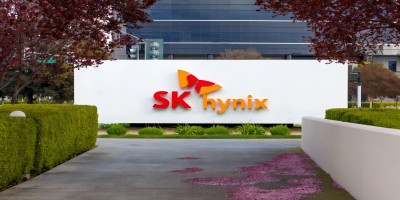In response, Samsung Semiconductor said, "We cannot comment on matters related to our customers."
According to a shareholder of an AI chip company, Samsung and TSMC recently sent an email to the company he invested in, asking customers to cooperate with the verification of the film qualification.
However, from the latest news, although the United States has not yet formally introduced the relevant restrictions, but Samsung seems to have received the same notice from the US Department of Commerce as TSMC.
Recently, TSMC 11 will suspend the mainland for all AI customers below 7nm technology, for related issues, TSMC 8 does not comment on market rumors. However, TSMC also reiterated that "as a law-abiding company, TSMC has always been committed to complying with all applicable laws and regulations, including applicable export control regulations."
According to the revenue data released by TSMC, the contribution of mainland Chinese customers for the full year of 2023 and the first three quarters of 2024 is about 11-13%. As 7nm and below processes are cut off, TSMC is expected to lose at least 5-8% of its revenue.
Industry insiders said that from the current situation, the 7nm process yield of mainland chip manufacturing companies is still low, and it can still be produced if the DUV production is not considered the cost, but there are few commercial customers in the actual AI/GPU application field.
In addition, the supply chain landscape is expected to change.
This series of changes not only tests the coping ability and innovation ability of Chinese enterprises, but also reflects the complexity and uncertainty of the global semiconductor industry chain in the international political and economic environment.



